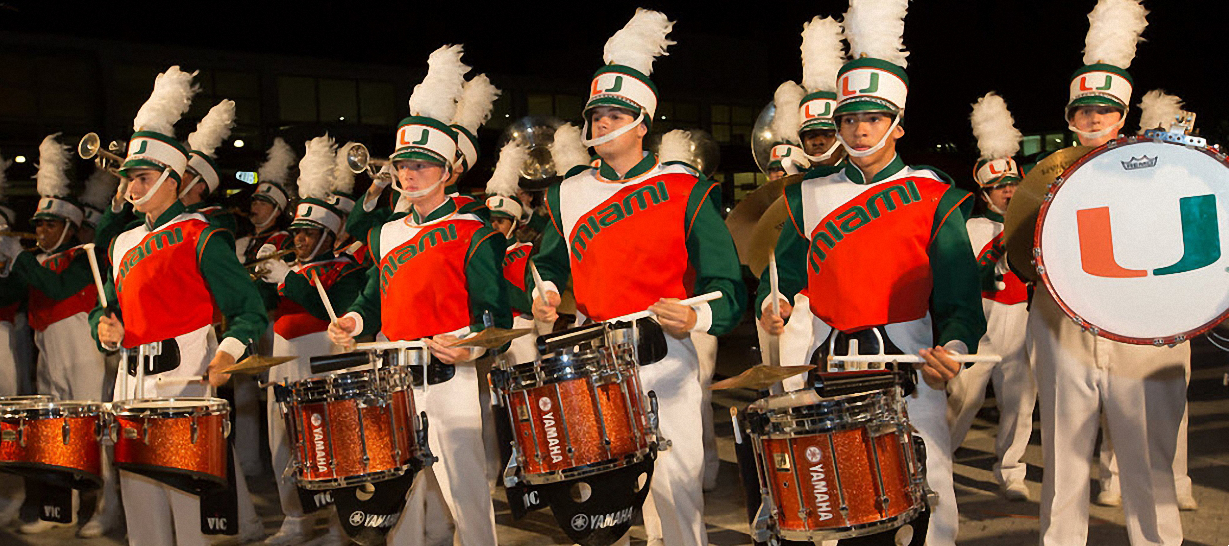Tuesday April 30, 2024
Best Cell Phones for Seniors
Can you recommend some good cell phones for seniors?
For older adults, choosing a cell phone is not a one-size-fits-all proposition. While some seniors love the cutting-edge smartphones with advanced features, others will prioritize simple phones with basic functions. So, the best cell phone will depend on the user’s comfort with technology, preference and budget.
Best Cell Phones
To help identify the best cell phones for older adults it is important to consider what features users prioritize to narrow down the options. For example, some may choose full-featured smartphones because they are comfortable with technology. Others who are less tech-savvy will prefer phones with fewer features. Alternatively, individuals coping with vision, hearing or dexterity issues will want a phone with specific accessibility features tailored to their needs.
Smartphones: Smartphones will cater to users who are comfortable with technology and are willing to spend more for a top-tier smartphone with a range of accessibility, health and safety features. Typically, smartphones will include internet access, a web browser, email capabilities, high-resolution camera and the ability to download and run applications independently. There are numerous companies producing smartphones today, but the largest companies include Apple, Android, Samsung and Google. Each brand will have its own unique features and accessories with prices varying across different phone models. For tech-savvy individuals, it is recommended to research each brand to find the most suitable model. Many big box retailers have smartphones on display to allow consumers to test out features.
Cell Phones with Built-In Safety Features: There are cell phones that are specifically designed for seniors with memory issues or more-advanced cognitive decline. These phones feature uncluttered, simple functionality which allows users to stay in touch with family and friends while also reducing common problems such as unnecessary calls to emergency services, spam, and fraud. Such phones typically include safety features such as SOS links, nurse hotlines and fall detection.
Easy-to-Use Cell Phones: Today, phone companies are still producing easier to use phones, such as easy to navigate senior-centric smartphones and simplified flip phones if the user does not want or need all the functionality of a full-featured smartphone. Simple smartphones offer list-type menus, rather than icons and come with enhanced voice command technology to assist users. Other options for simple cell phones may provide large buttons, big screen type, preset dial options and easily accessible SOS emergency buttons that will alert preselected contacts by call and text.
In summary, selecting a cell phone for older adults will involve considering individual preferences, technological comfort and their specific needs. By evaluating these factors and researching available options, older adults can find devices that not only improve their methods of communication but are also tailored to their specific needs.
Savvy Living is written by Jim Miller, a regular contributor to the NBC Today Show and author of "The Savvy Living" book. Any links in this article are offered as a service and there is no endorsement of any product. These articles are offered as a helpful and informative service to our friends and may not always reflect this organization's official position on some topics. Jim invites you to send your senior questions to: Savvy Living, P.O. Box 5443, Norman, OK 73070.
Published April 5, 2024
Previous Articles
Updating Medicare and Social Security When You Move
Who Should Be Screened for Lung Cancer?
Burial Benefits for Veterans
Navigating Prescription Expenses
Dividing Personal Possessions Without Dividing the Family





















